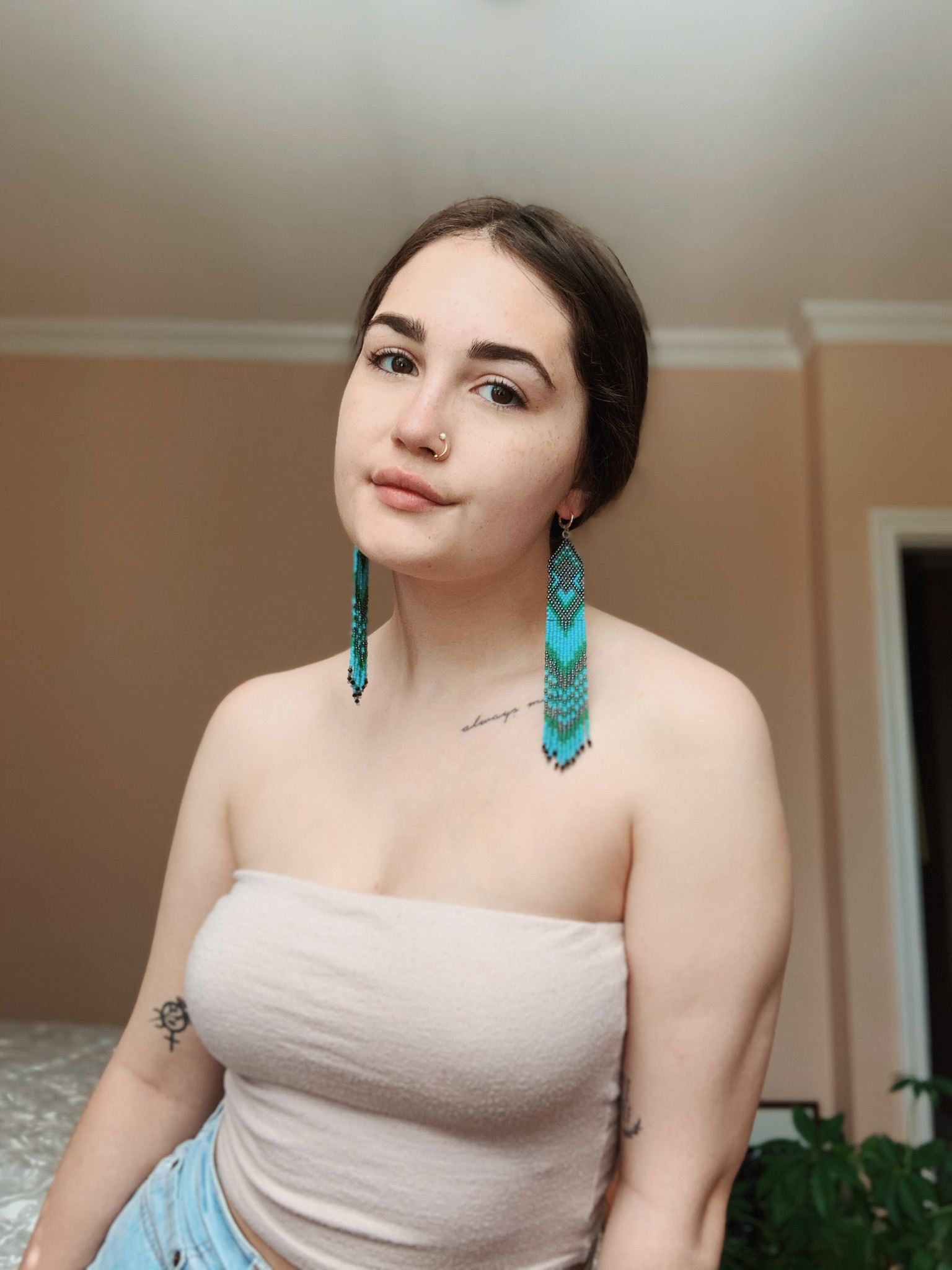By Tayvie Van Eeuwen
@tayvieeee
A typical box of tampons or pads averages at $7 for approximately one cycle. While this amount may sound low, the annual cost totals out to almost $100 for the cheapest and most simple method of feminine hygiene. Once you consider factoring in the cost of replaced underwear, pantyliners, painkillers, and even time missed from work due to pain and discomfort, the cost of periods can skyrocket well beyond $100 per year.
It’s no wonder that period poverty consumes women across the nation and the globe.
Twenty-seven per cent of Metro Vancouver’s homeless population is composed of women, adding up to more than 400 individuals living on the streets or in shelters. These numbers, from the 2017 Metro Vancouver and 2018 City of Vancouver reports, are tell-tale sign of a deeper epidemic striking the women of our city: periods.
While the middle- and upper-class are boosted by the privilege to provide basic period products including tampons and pads for themselves without concern, the reality for homeless women in Vancouver is riddled with infection, unsanitary environments for application, and a lack of accessibility.
In the wake of this issue, two young women, Ella Steynes and Milica Dacković, from Prince of Wales Secondary School in Vancouver, are fighting the stigma, shame, and lack of resources surrounding periods. Their initiative, Pins for Periods, is a non-profit organization that sells pins in exchange for $10: enough to supply one box of product to a youth in need. After a presentation in their social justice class by formerly homeless individuals, they were inspired to fight systemic challenges for homeless youth.

“It was heartbreaking hearing about a woman forced to stuff her underwear with plastic bags and tissues since she had no access to a clean washroom or any period products. It affects nearly every aspect of your mental and physical health and so often the middle- and upper-class ignore this problem because it doesn’t directly affect them,” recounts the girls.
Homeless women are forced to undergo disturbing alternatives to control their flow. Some methods include socks, plastic bags, towels, paper towels, toilet paper, cotton balls, or clothing. In addition, the inability to shower in safe, clean environments only compounds the problem.
“The chances of infections skyrocket when a homeless person is on their period because they are forced to use whatever they can find,” says Steynes. “There are a few women’s shelters around Vancouver that provide minimum amounts of products and I have no idea if they’re inclusive of LGBT2Q+ people or even youth in general.”

Steynes and Dacković hope to reach as many young women in Vancouver as possible. They are currently running their initiative through their school and on Instagram. They say that the response to their initiative has been incredibly positive, with many eager people wishing to get their hands on a pin.
“We did have one person DM us asking why we’re not giving menstrual cups instead of disposable tampons and pads with the environmental impact in mind. As much as we care about recycling and reusing whenever possible, it’s simply inaccessible for someone who is on the streets,” Dacković explains. “Menstrual cups require constant clean hands and a washroom which often is impossible for youth on their own.”
However, their work stretches beyond simply generating money for products themselves. The duo wishes to curate education on both period poverty and intersectionality.

“Intersectionality is extremely important to us because if we’re not taking into account the many factors that make up homeless youth, we’d be excluding mass amounts of people that are historically and societally excluded anyways,” says Dacković. “Which means we would be actively contributing to this oppression.”
“We’re making it very clear that this is not just for women. Anyone can menstruate regardless of gender identity,” continues Steynes. “LGBT2Q+ youth make up a vast portion of homelessness in Vancouver, which directly correlates to there being many trans and non-binary folks that menstruate and have no access to these products.”
Their funds raised by the sale of pins are being directly given to Covenant House, a safe space in Vancouver which provides care to street youth who have escaped physical, emotional, and/or sexual abuse.
Covenant House makes a conscious effort in their outreach to support Queer youth, a large reason why Pins for Periods sends their funds here. Steynes and Dacković wish to support organizations that are creating space for any individuals facing shame or difficulty in their search for period accessibility.
“We truly hope to educate people and the public around the hardship of menstruating on the street and especially the inclusion of queer people to the forefront of the conversation.”

A self-declared witch, Tayvie spends her time with all things magic. She loves a good sunset, iced coffee, and every known essential oil. Catch her chilling with her black-cat sidekick, Shadow, and hiding by the ocean. Look for her bold eyebrows and vintage style, and you’re bound to find her.




